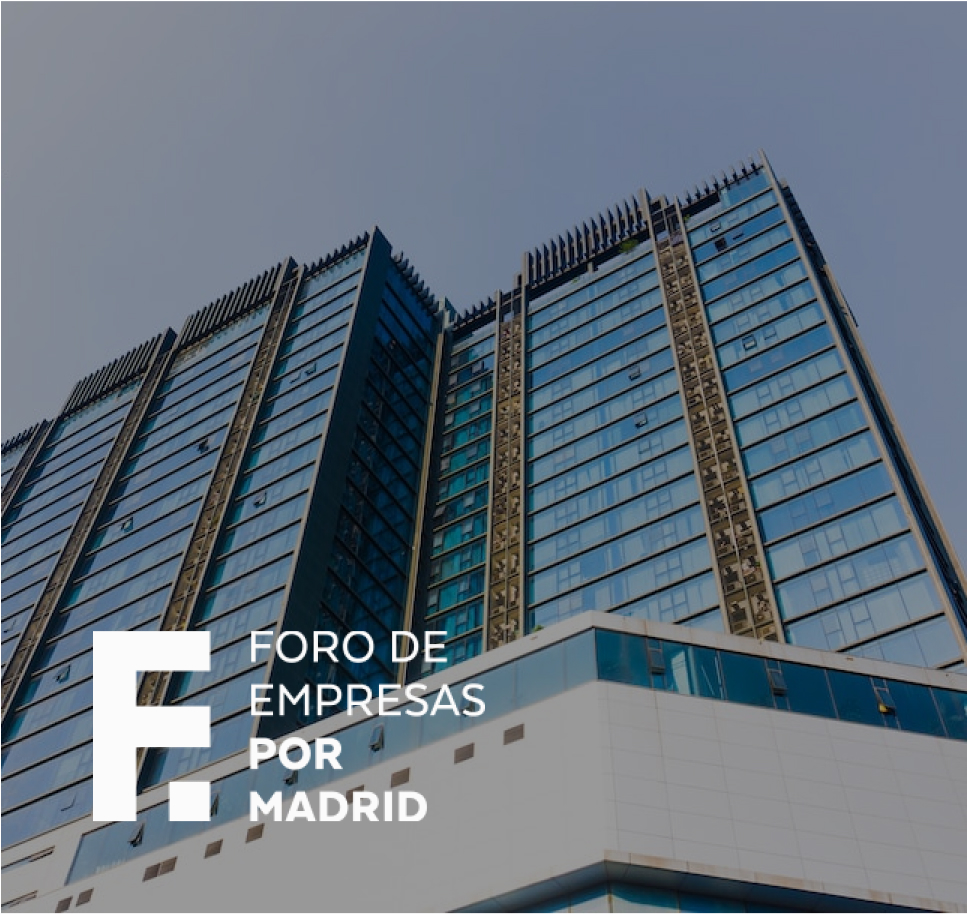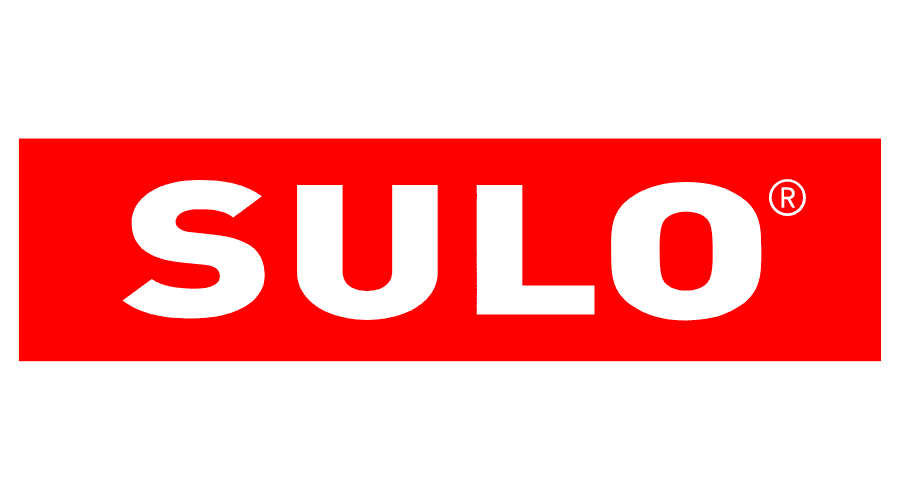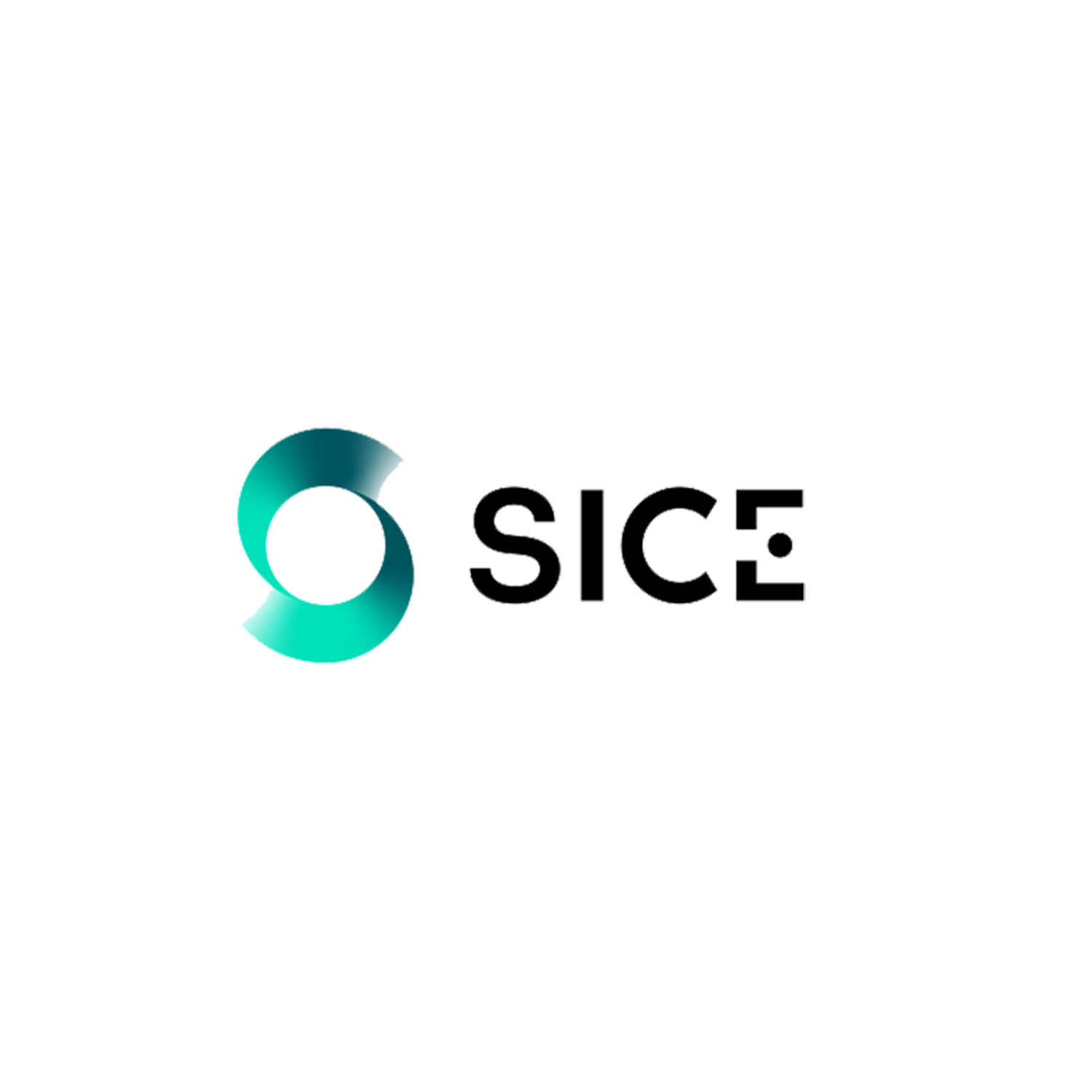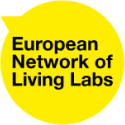Our activity
The IoTMADLab operates across various layers of the IoT ecosystem, focusing on its application in urban contexts and enabling interoperability between IoT devices.
The IoT Laboratory provides municipal service technical leads with the results of interoperability test batches for each device, as well as studies on technical and economic feasibility for their implementation, deployment, and large-scale expansion. Furthermore, the laboratory is involved in defining a corporate and citywide reference architecture for the deployment of an open, neutral, and interoperable IoT network.
The researchers involved in the IoTMADLab form a multidisciplinary team that represents the merger of two of the main research lines of CEDINT-UPM: the Internet of Things for Energy Efficiency (IoT-EE) and Virtual Reality and Data Visualization (RV).
We are primarily Telecommunication Engineers, Computer Scientists, Architects, and 3D Designers. Our training and experience complement each other, allowing us to address the challenges of technological innovation related to the Internet of Things (IoT) in a holistic and innovative way, adding value to laboratory research with the creation of digital twins, all applied to urban environments.
20
sensors under testing
4
partner companies
10
collaborating companies

Tasks
THE TEAM
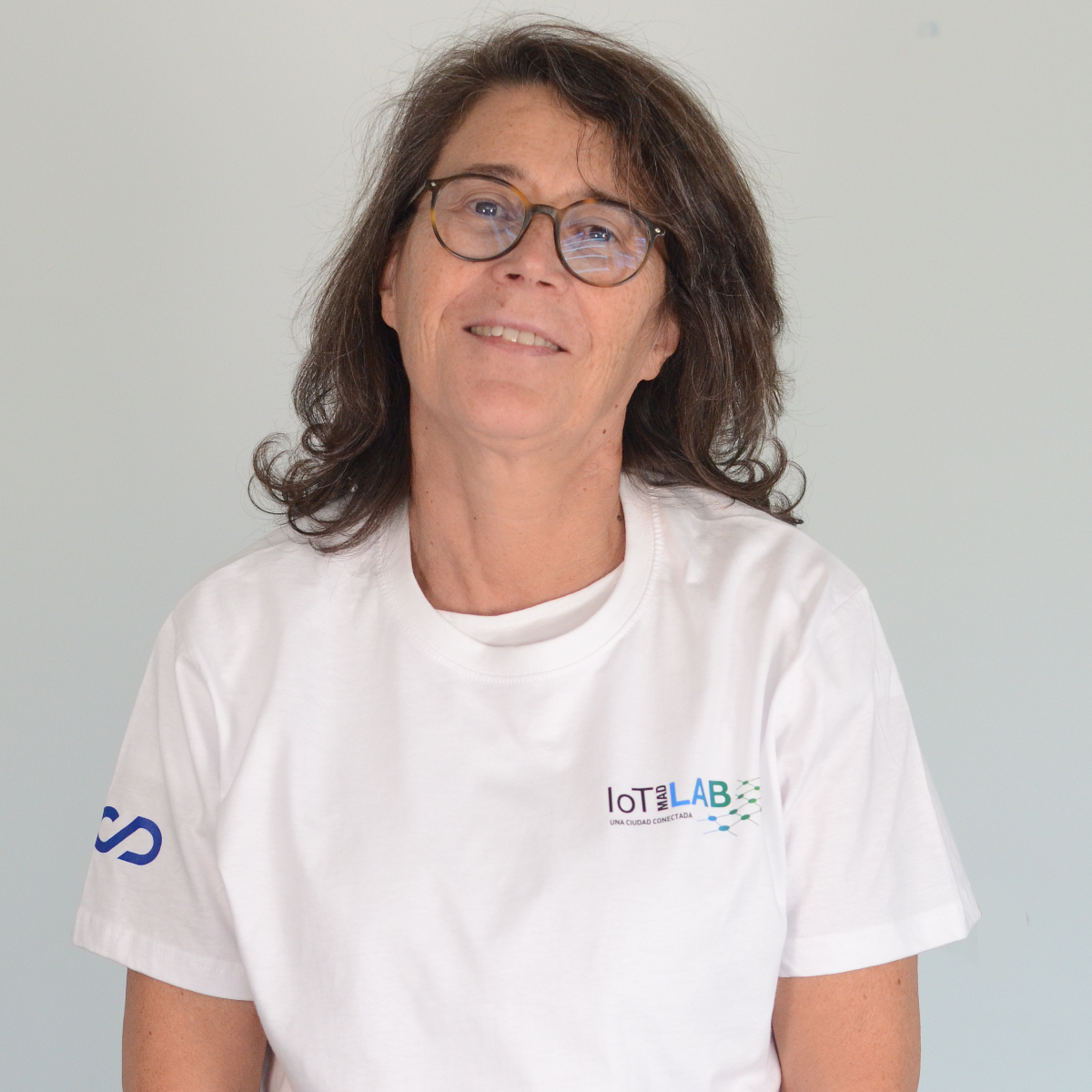
Asun Santamaria
Principal Researcher and Director of CEDINT-UPM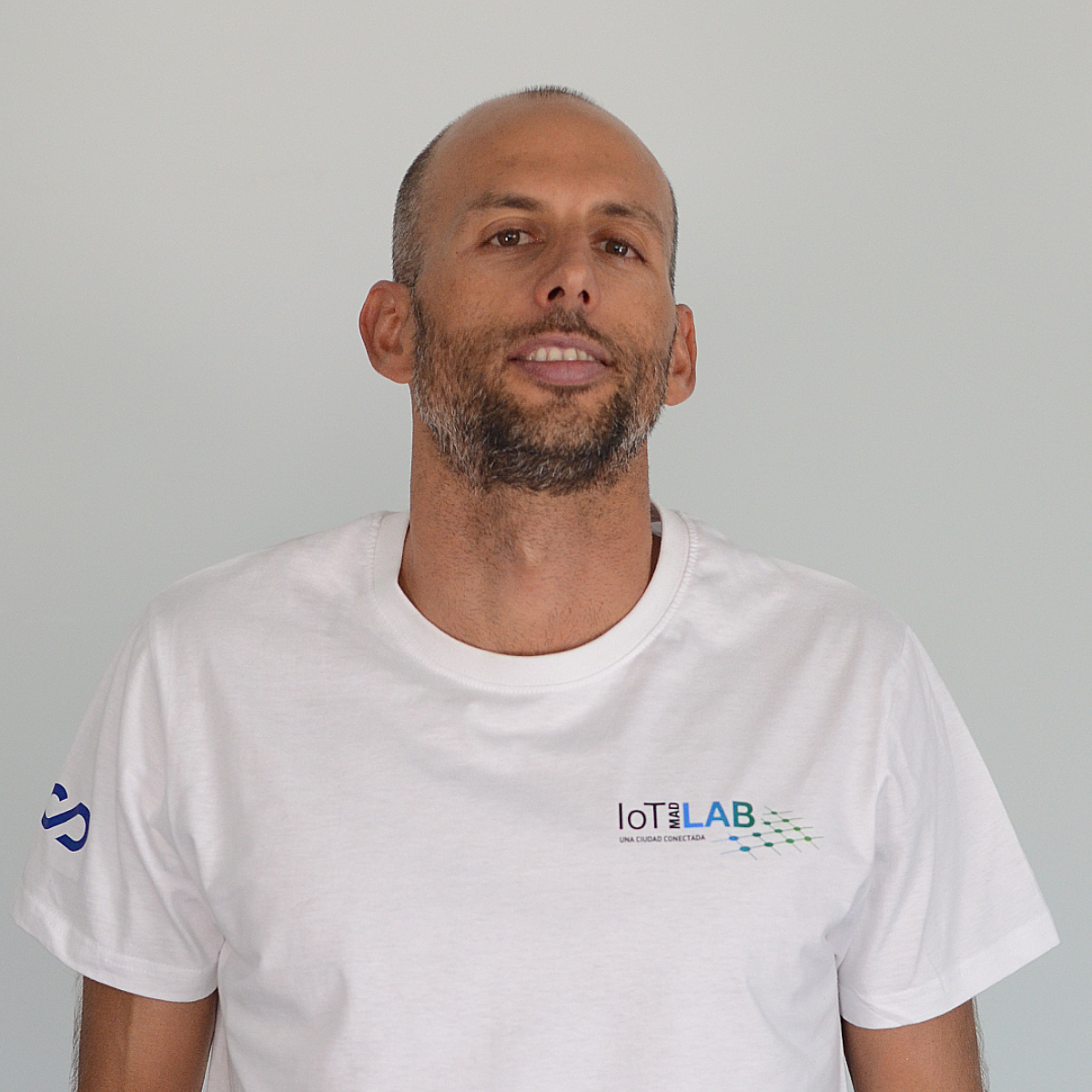
Guillermo del Campo
Technical Director of IoTMADLab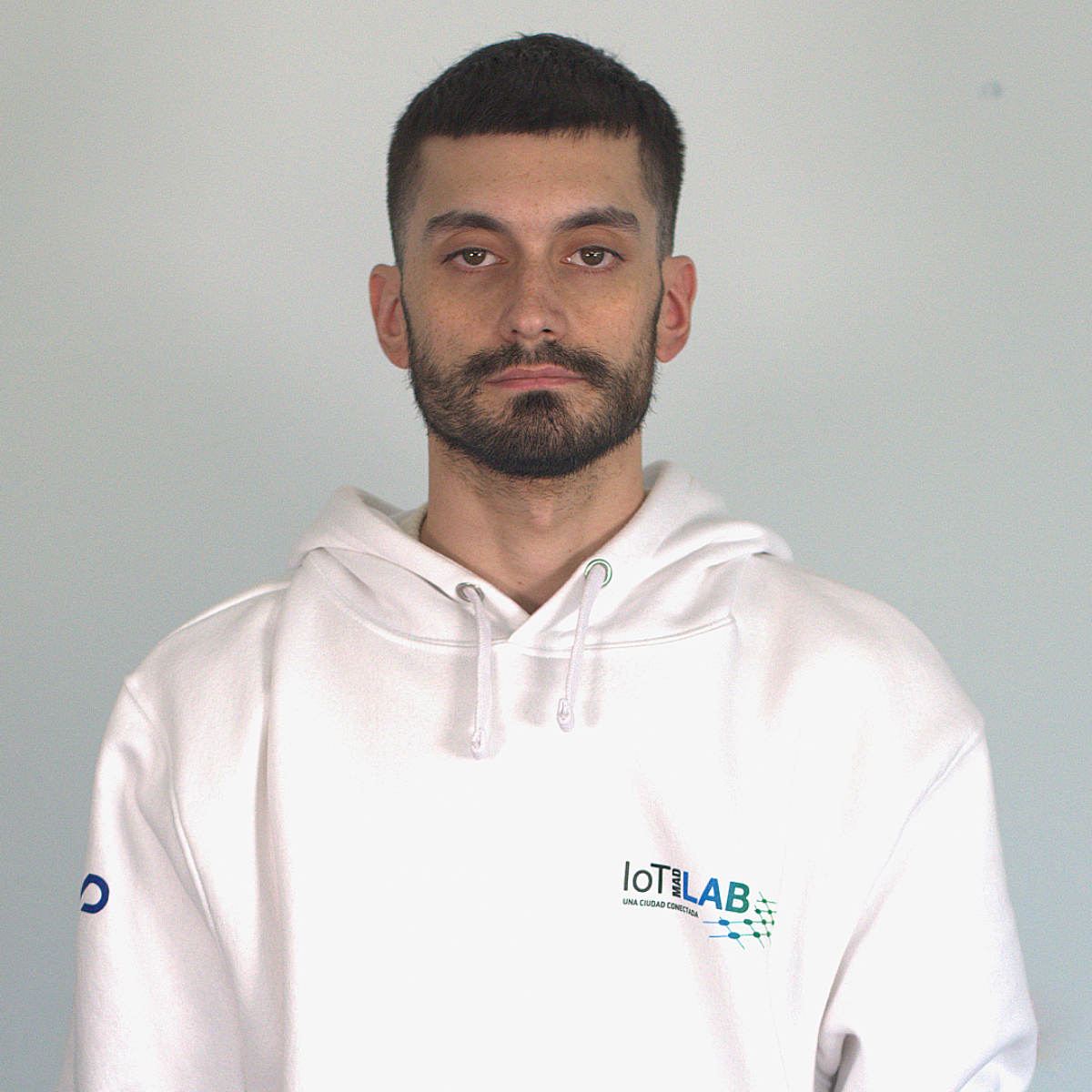
Edgar Saavedra
IoT Software Area Supervisor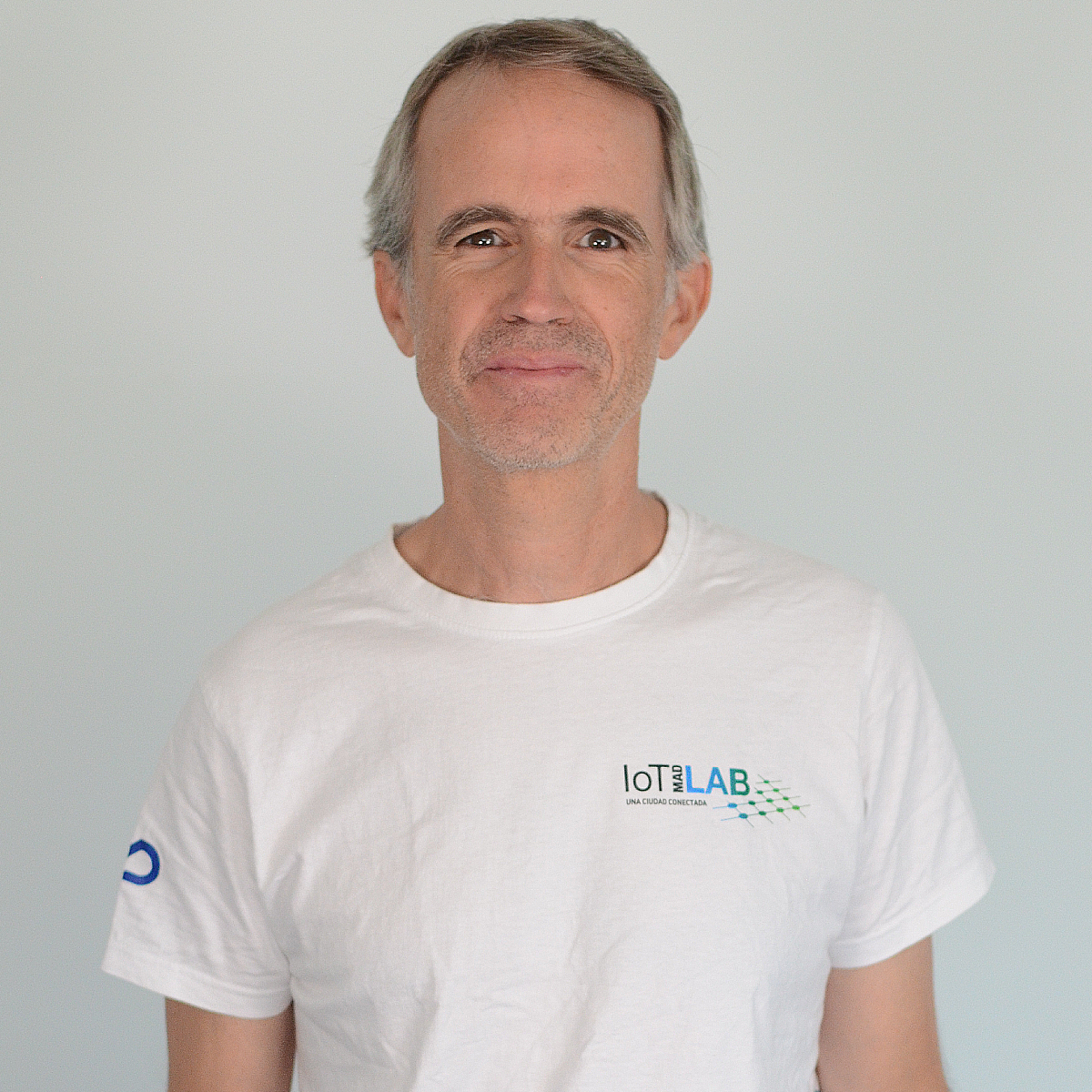
Igor Gomez
IoT Hardware Area Supervisor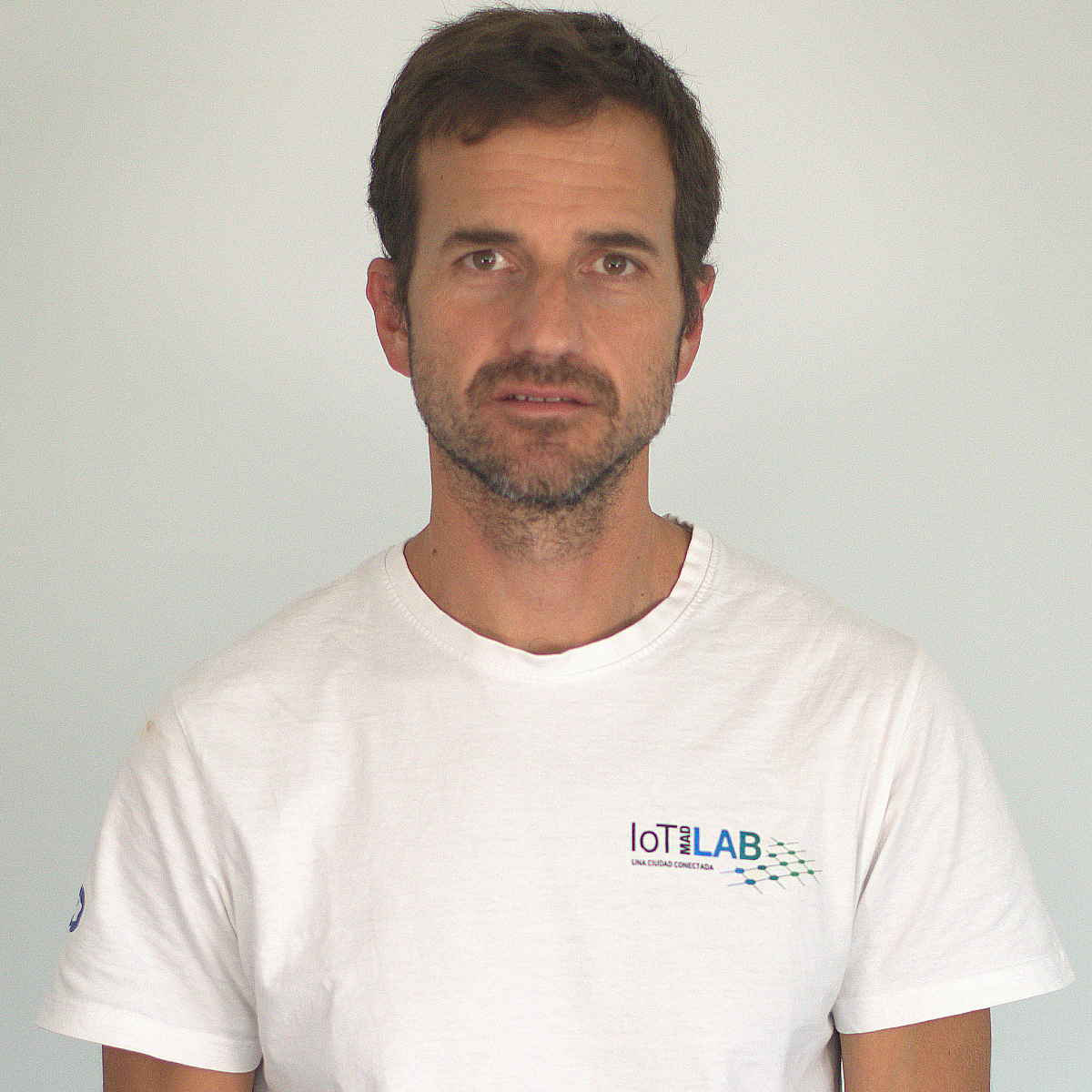
Luca Piovano
Virtual Reality Area Supervisor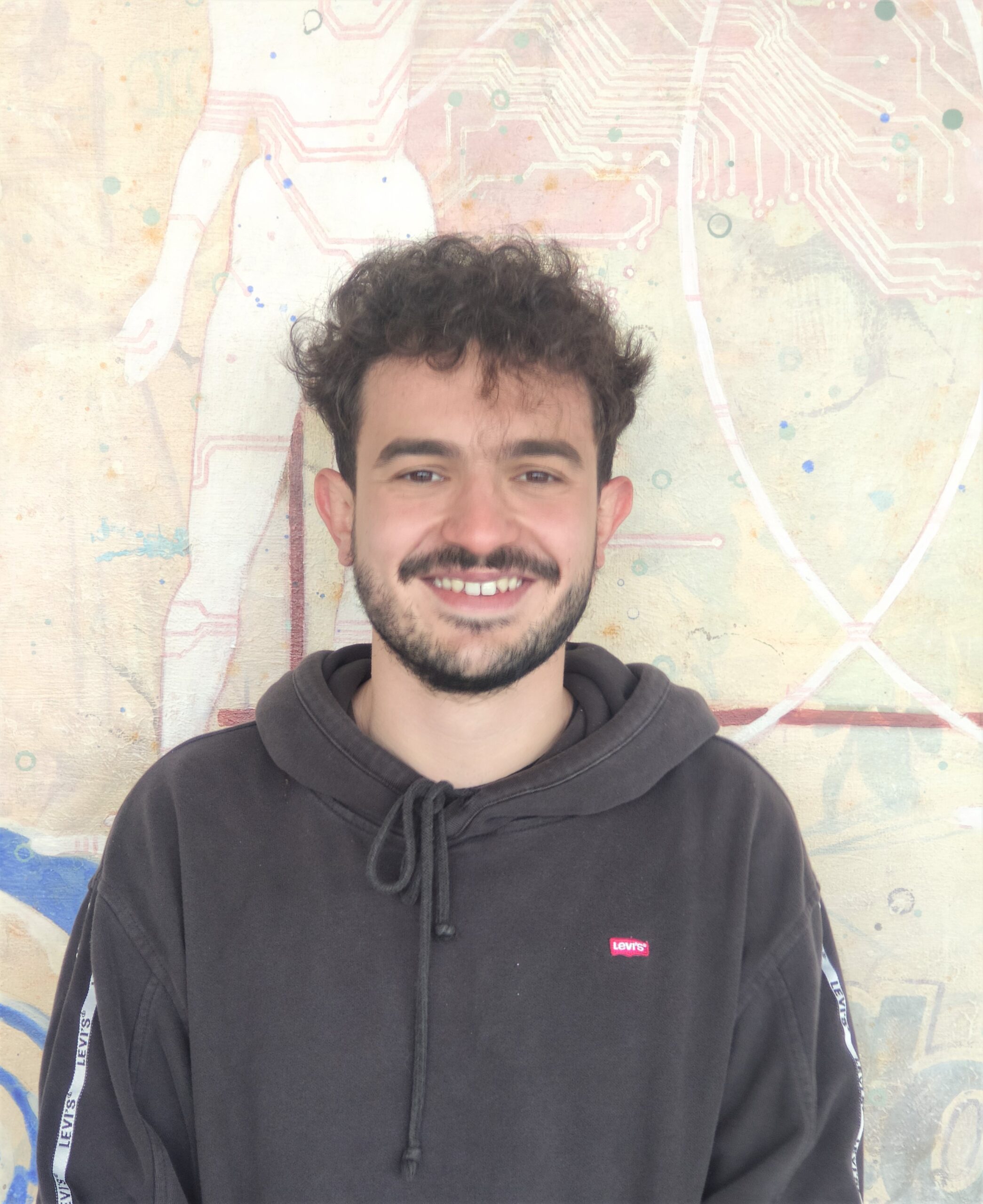
David Pérez
Researcher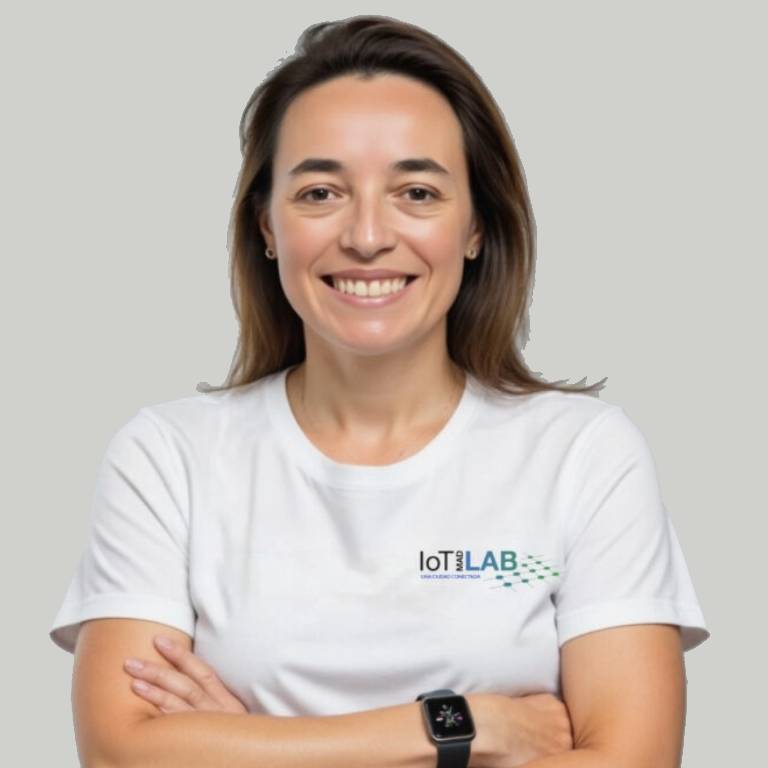
Maria Lumbreras
Technical Office IoTMADLab/CeDInt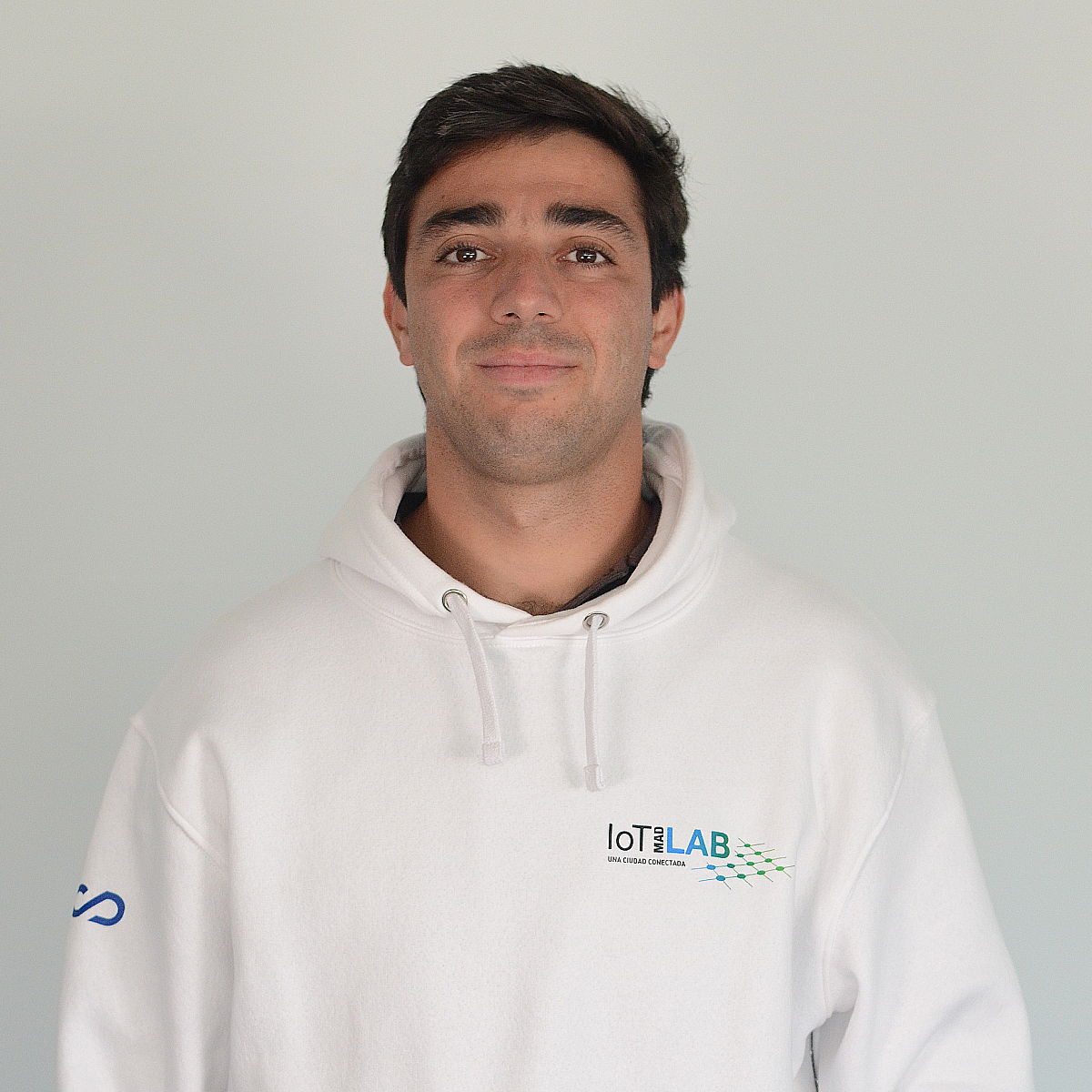
Juan Carrero
Researcher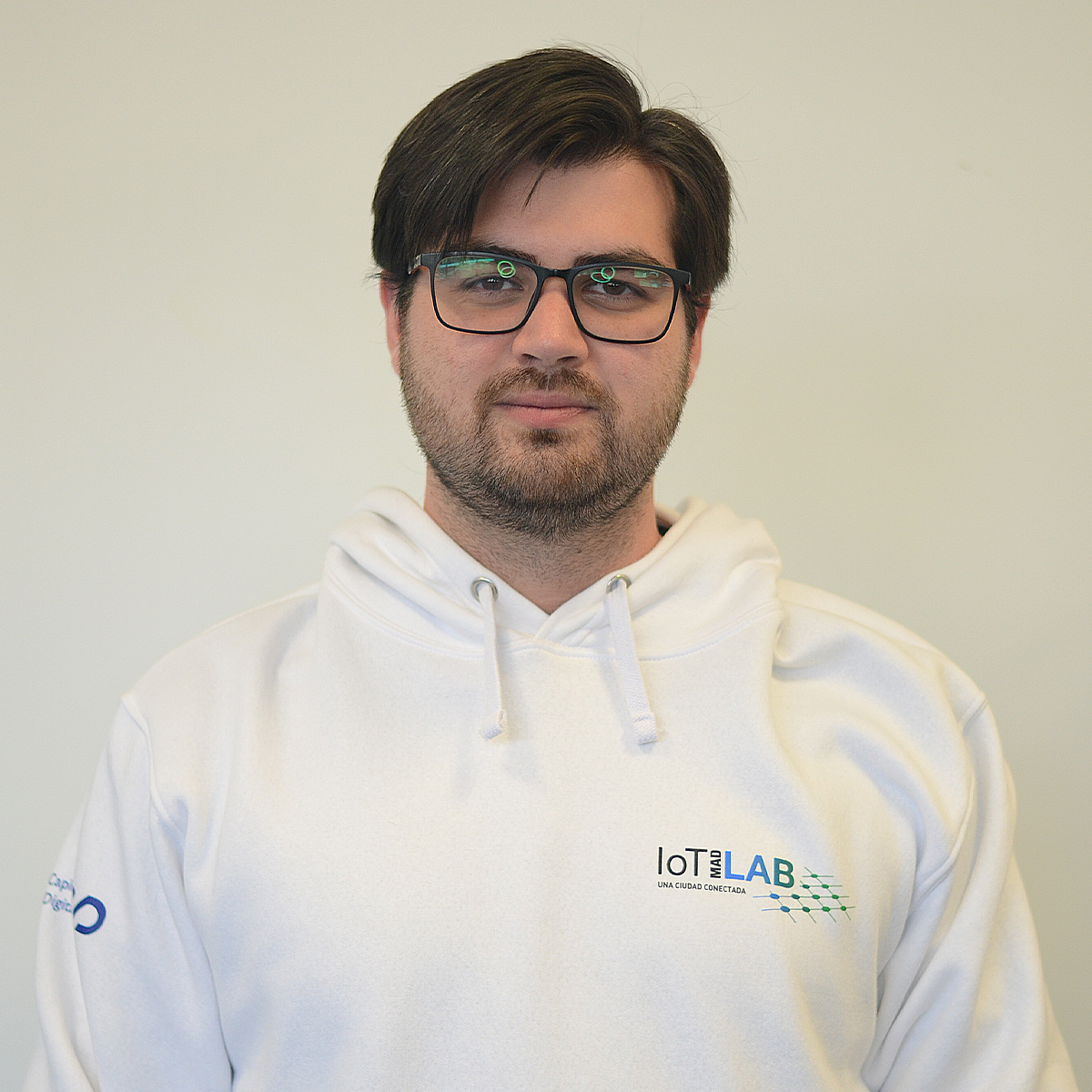
Francisco Luque
Researcher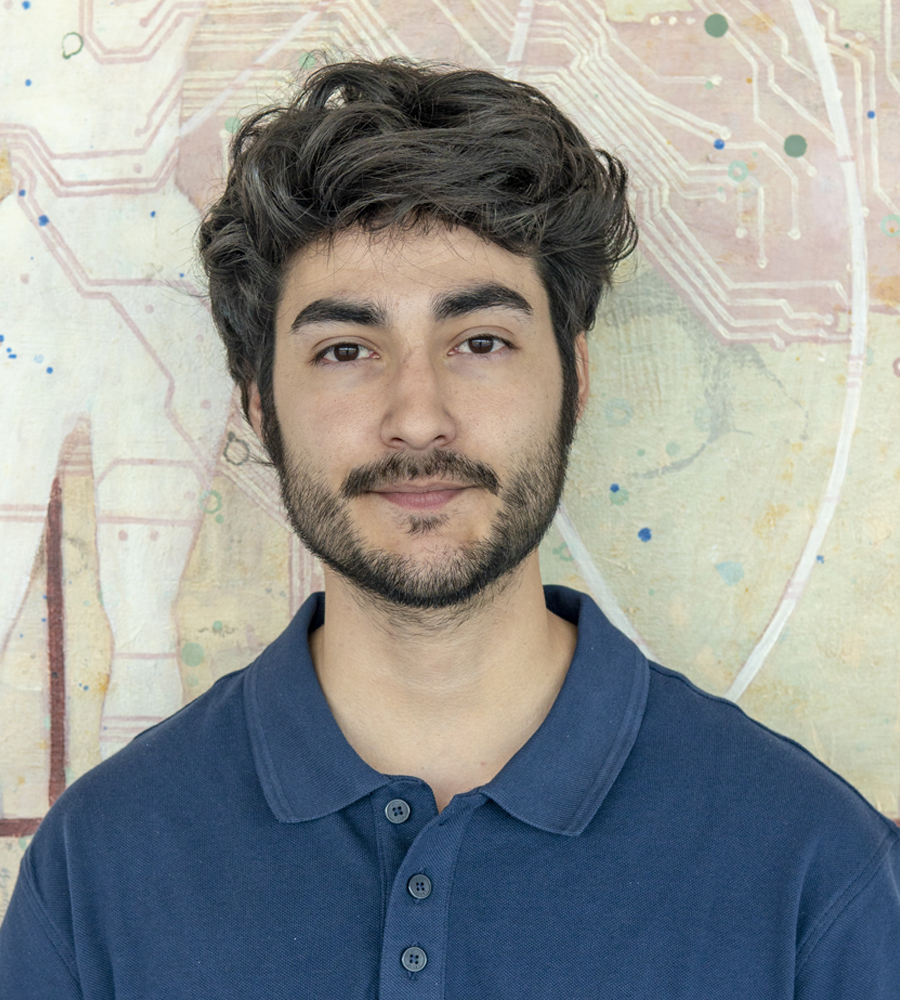
Alvaro Fernández
Researcher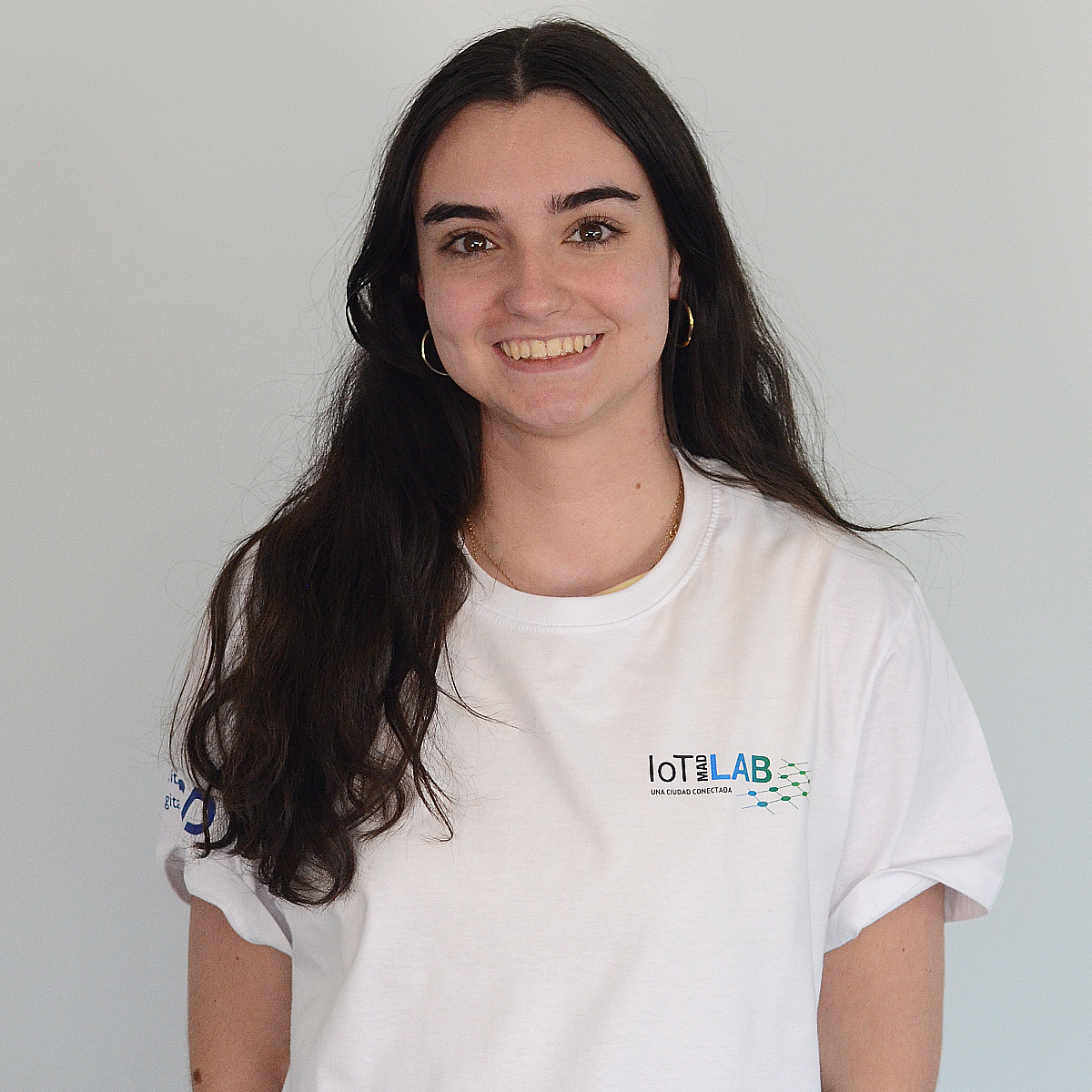
Belén Luque
Investigadora CEDINT-UPM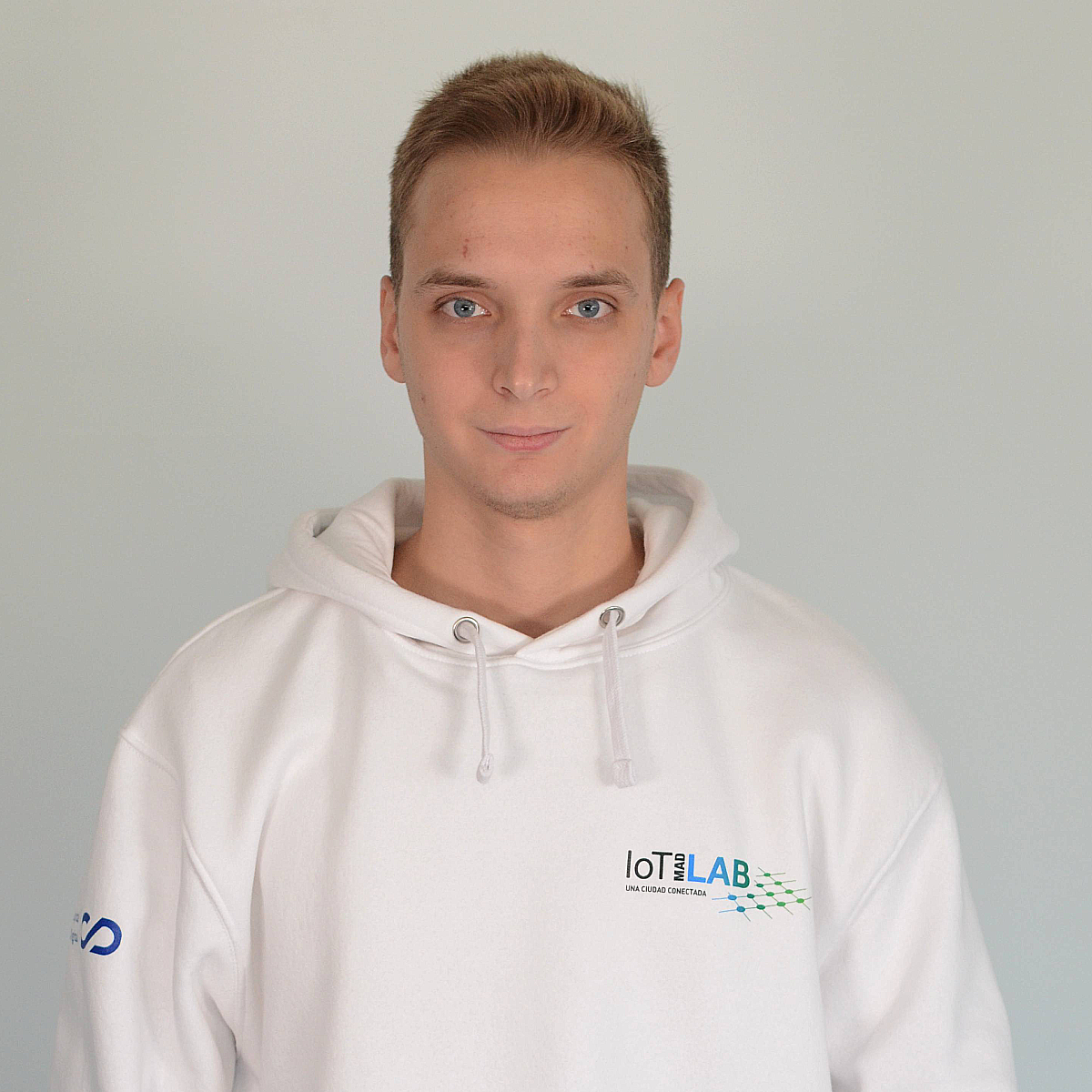
Adrián Pérez
Investigador CEDINT-UPM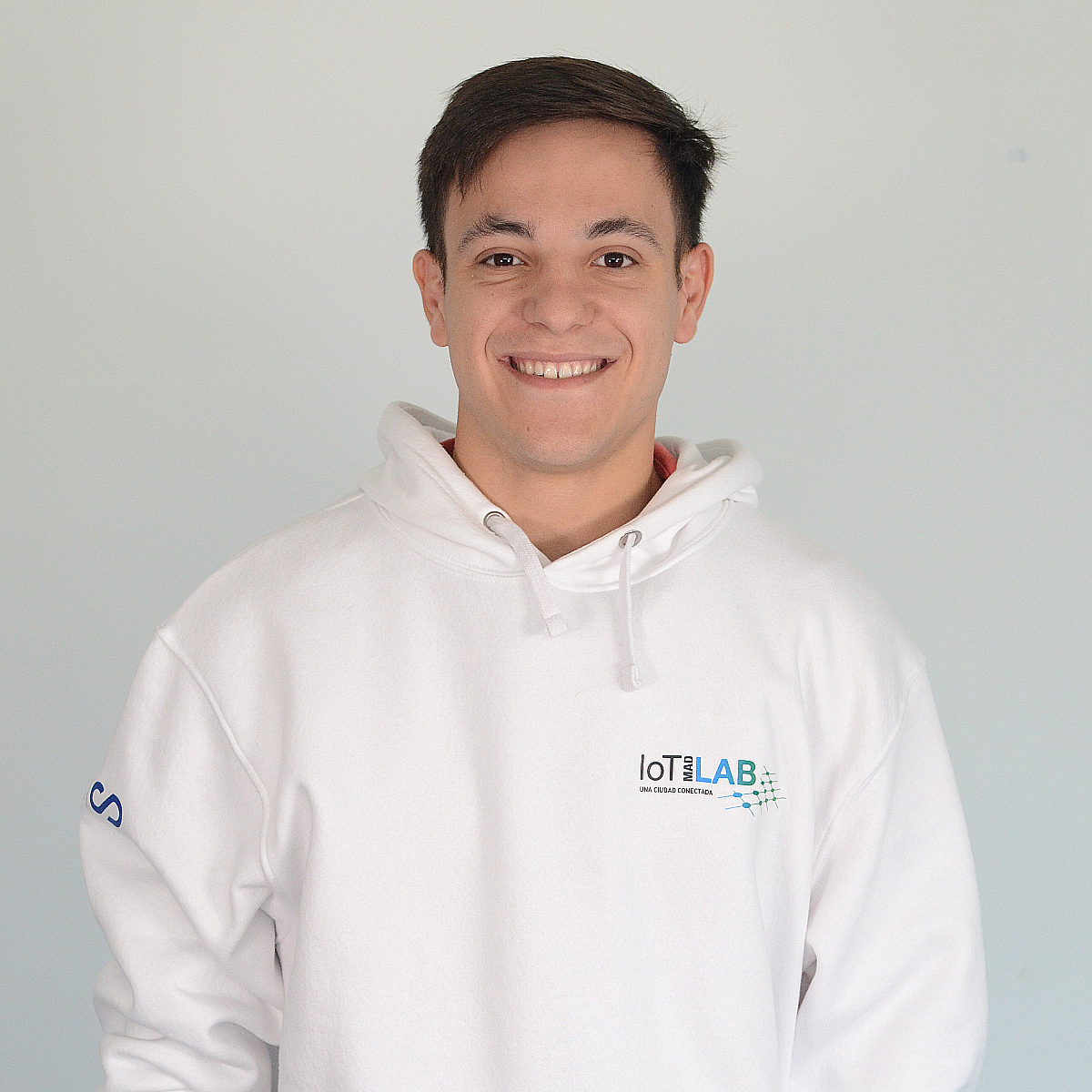
Carlos López
Investigador CEDINT-UPM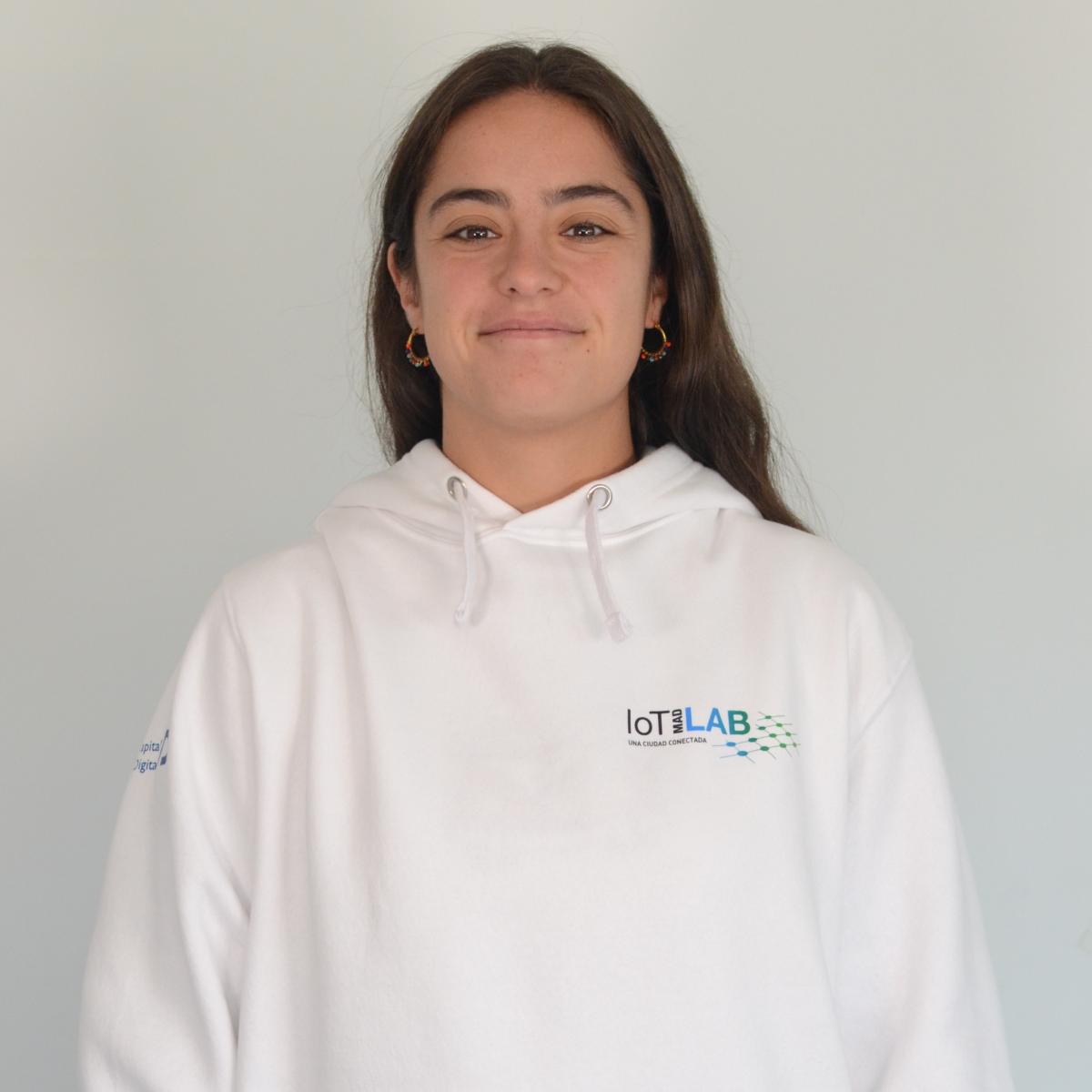
Paula Pascual
Investigadora CEDINT-UPM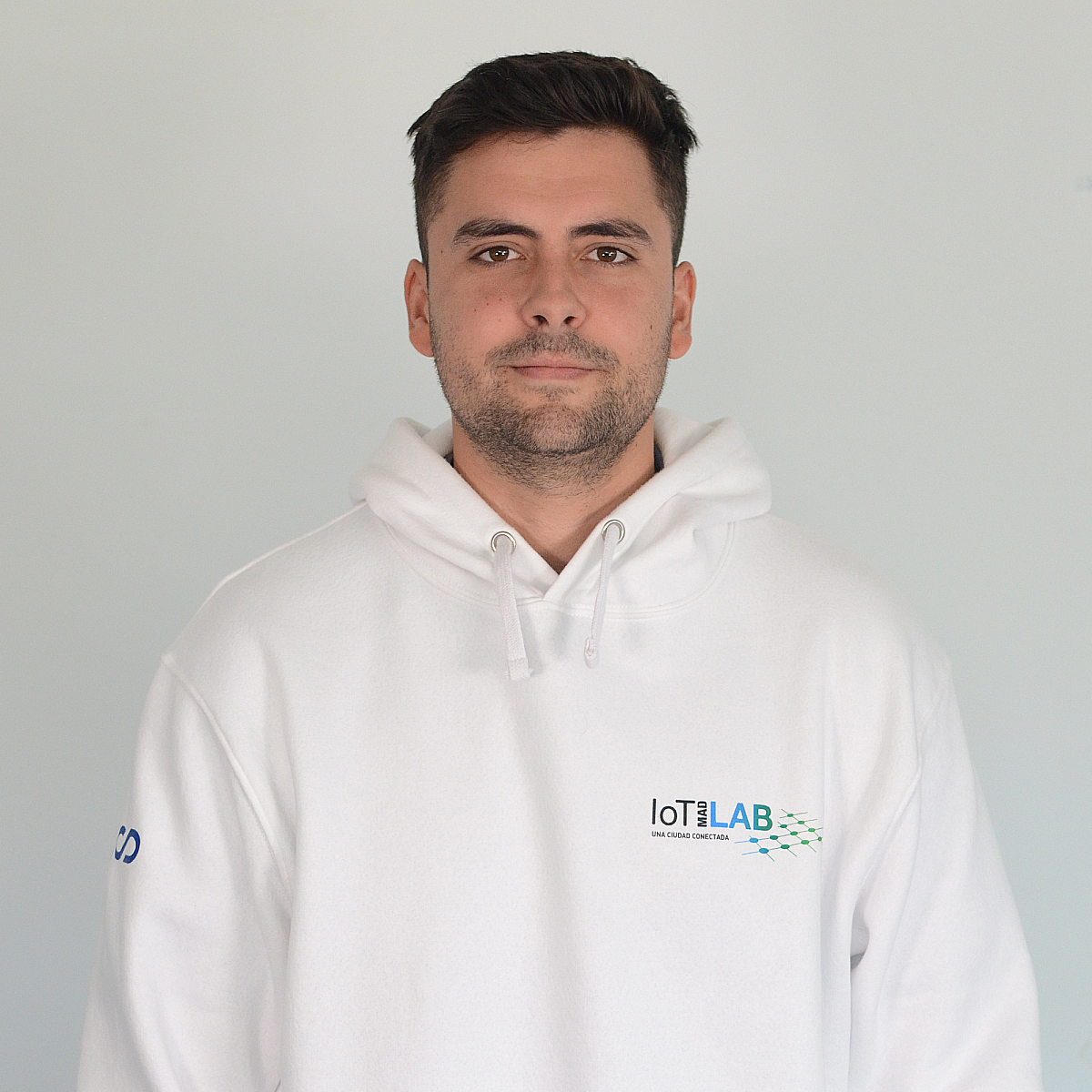
Sergio Jiménez Sánchez
Investigador CEDINT-UPM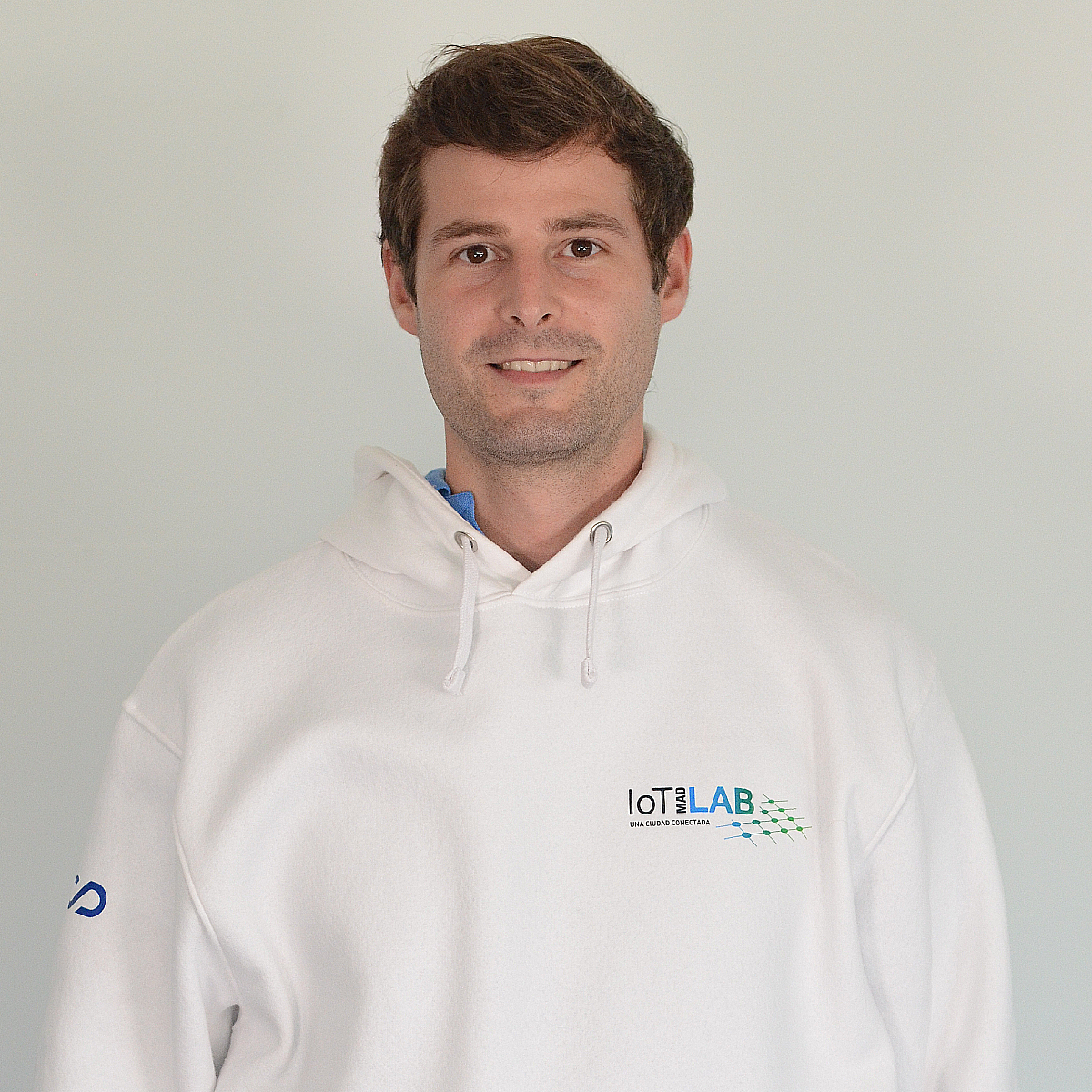
Santiago Cavo Núñez
Investigador CEDINT-UPMWork at the Laboratory
At IoTMADLab, we actively collaborate with device manufacturers, whether standalone or integrated, communication hardware providers, experts in service deployment, cybersecurity specialists, and companies offering services to the city.
If you’re a company and would like to join our mission, we offer various collaboration options: from becoming an associate or partner company to requesting specific reports on compatibility and interoperability.
Interested in working with us? Don’t hesitate to get in touch. We’d be delighted to provide you with more details.
The Laboratory and its network
The way technology is applied to city services and the very governance of ICT are in a process of transformation in which people are at the center of the digitization processes.
In this regard, Madrid has signed the Living-in.eu initiative declaration for a sustainable digital transformation of European cities and communities. In this framework, the Digital Office of the City Council actively participates in working groups such as the one related to UserCentriCities in which people are an integral part of the co-design of digital services.
On the other hand, CEDINT-UPM and the Universidad Politécnica de Madrid collaborate with various laboratories and international research centers to deploy in real scenarios the latest technological advances for the benefit of citizens.
Funding
Every year, the technical secretariat of the Madrid Business FORUM asks the municipal areas for public-private cooperation projects interesting for the city, the economy and companies.
After studying, a first selection is made. The chosen projects are presented to the representatives of the forum companies by the municipal officials. Finally, companies vote and choose the projects to be carried out each year.
In 2021, the Digital Office presented a project that was selected by the FORUM as one of the most appreciated funded projects by company representatives. The Internet of Things Laboratory of the city of Madrid, IoTMADLab, concretizes this initiative, and the first results are presented on 22 November.
With its funding, the Madrid City Council has signed a collaboration agreement with the Center for Integral Home Automation (CEDINT) of the Polytechnic University of Madrid to support the Laboratory.
At the end of 2022, another project was proposed, which extended the scope of the previous one, allowing additional financing, through an addendum to the agreement, to incorporate 5G technology and enhance the specific cybersecurity aspects of these specialties.
